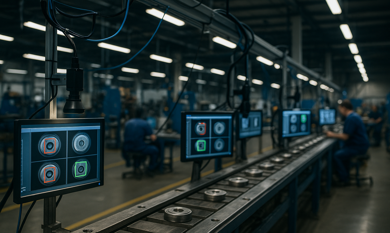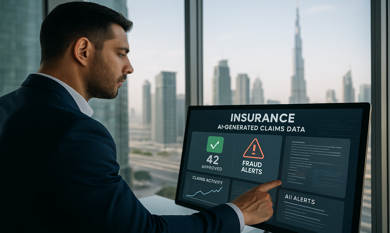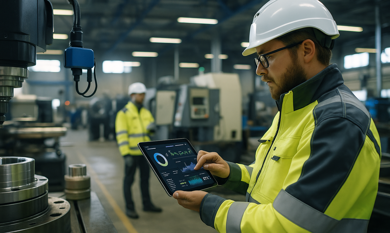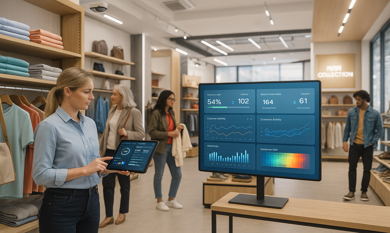In recent years, the rapid development of renewable energy technologies has opened new avenues for addressing the global energy crisis. Among these advancements, the integration of the Internet of Things (IoT) with mobile applications has emerged as a transformative approach. This integration is not just a technological trend but a necessary innovation that holds the potential to revolutionize how we generate, manage, and consume renewable energy.
The Role of IoT in Renewable Energy
The Internet of Things (IoT) refers to a network of interconnected devices that communicate and exchange data with each other over the internet. These devices can range from simple sensors to complex systems embedded in machines, vehicles, and infrastructure. In the context of renewable energy, IoT plays a crucial role by enabling real-time monitoring, data collection, and automation of energy systems.
IoT can optimize the efficiency of renewable energy systems such as solar panels, wind turbines, and hydroelectric plants. For instance, sensors embedded in solar panels can monitor sunlight intensity, temperature, and energy output. This data can be analyzed to adjust the panel's angle or position for maximum energy capture. Similarly, IoT devices in wind turbines can monitor wind speed and direction, optimizing blade angles to generate the most electricity.
Companies specializing in IoT development services are at the forefront of this technological revolution, creating solutions that enhance the functionality and efficiency of renewable energy systems. By leveraging IoT, these companies enable a more sustainable and efficient energy landscape.
Mobile Apps: The Interface Between Users and IoT Systems
Mobile applications serve as the interface between users and IoT systems. They allow users to interact with IoT-enabled renewable energy solutions in real-time, offering insights and control over their energy consumption and production. With a mobile app, users can monitor the performance of solar panels, track energy production, and even sell excess energy back to the grid.
A significant advantage of integrating mobile apps with IoT in renewable energy is the accessibility it offers to end-users. Individuals and businesses can access detailed analytics, receive alerts for maintenance, and make informed decisions about energy use, all from their smartphones. This level of control and convenience makes renewable energy adoption more appealing to a broader audience.
For businesses in Ahmedabad, partnering with the best mobile app development company in Ahmedabad can ensure that their IoT solutions are seamlessly integrated with user-friendly mobile applications. This collaboration is crucial for developing apps that are both powerful and intuitive, enabling users to maximize the benefits of IoT in their renewable energy systems.
Real-World Applications of IoT and Mobile Apps in Renewable Energy
The combination of IoT and mobile apps has already led to innovative solutions in the renewable energy sector. For instance, smart grids, which use IoT devices to monitor and manage energy distribution, are becoming more prevalent. These grids can automatically balance supply and demand, reduce energy wastage, and integrate renewable energy sources more effectively.
In residential settings, homeowners can use mobile apps to monitor their solar panels' performance, track energy savings, and adjust their energy consumption habits. Businesses can implement IoT-enabled energy management systems to optimize their energy use, reduce costs, and contribute to sustainability goals.
Moreover, IoT development services are enabling the creation of predictive maintenance systems. These systems use data from IoT sensors to predict when equipment, such as wind turbines or solar inverters, might fail, allowing for timely maintenance and reducing downtime. This not only enhances the reliability of renewable energy systems but also extends their lifespan.
The Future of IoT and Mobile Apps in Renewable Energy
As renewable energy continues to grow, the integration of IoT and mobile apps will become increasingly essential. The ongoing development of IoT technology, coupled with advancements in mobile app development, will lead to more sophisticated and efficient energy management solutions.
In the future, we can expect to see even greater collaboration between IoT development services and mobile app developers to create solutions that address the specific needs of the renewable energy sector. These innovations will drive the widespread adoption of renewable energy by making it more accessible, efficient, and cost-effective.
Furthermore, as governments and businesses prioritize sustainability, the demand for advanced renewable energy solutions will increase. By working with the best mobile app development company in Ahmedabad, companies can ensure they are at the cutting edge of this technological evolution, offering products and services that meet the growing needs of the renewable energy market.
Conclusion
The integration of IoT with mobile apps is a game-changer for the renewable energy sector. It offers unprecedented control, efficiency, and sustainability, making renewable energy more viable and attractive for both consumers and businesses. As IoT technology and mobile app development continue to evolve, we can expect to see even more innovative solutions that will further transform the way we generate, manage, and consume energy. For companies looking to capitalize on this trend, partnering with experts in IoT development services and mobile app development is essential to staying ahead in the rapidly changing energy landscape. Theta Technolabs stands out as a key player in this domain, offering cutting-edge solutions that bridge the gap between IoT and mobile applications, driving the future of renewable energy.



_Hero_Integrating%20IoT%20with%20Mobile%20Apps%20for%20Advanced%20Renewable%20Energy%20Solutions_Q2_24.avif)












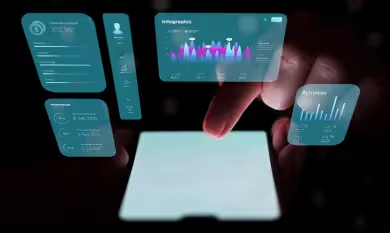

_Computer%20Vision-enabled%20Web%20and%20Mobile%20Interfaces%20for%20Mall%20Management%20in%20Dubai_Q1_In_24.avif)
_Smart%20Solutions%20for%20Healthcare_%20How%20IoT%20Development%20is%20Reshaping%20Dubai%20Hospitals_Q1_In_24.avif)
_Automated%20Checkout%20Systems.avif)
_Smart%20Manufacturing%20in%20Dubai_%20How%20AI%20is%20Driving%20Efficiency%20and%20Innovation_Q1_In_24.avif)

_Understanding%20the%20Impact%20of%20AI%20and%20Machine%20Learning%20on%20Fintech%20Web%20Apps%20in%20Dubai_Q2_24.avif)
_Explore%20the%20Best%20Cross-Platform%20App%20Development%20Frameworks%20of%202024_Q3_24.avif)
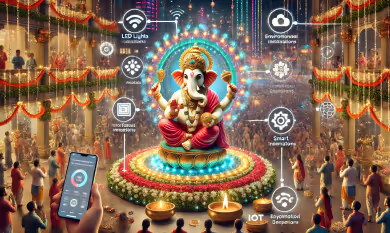

_Top%20Benefits%20of%20Cloud%20Computing%20for%20All%20Business%20Sectors_Q2_24.avif)
_Integrating%20IoT%20with%20Mobile%20Apps%20for%20Advanced%20Renewable%20Energy%20Solutions_Q2_24.avif)
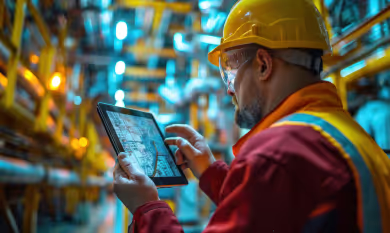
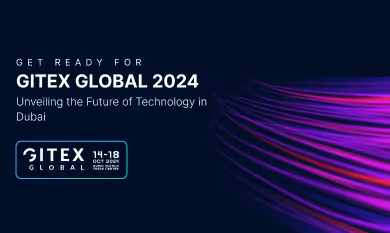
_The%20Transformative%20Role%20of%20Open%20Banking%20APIs%20in%20Fintech%20for%202024_Q3_24.avif)
_Choosing%20the%20Right%20Computer%20Vision%20Development%20Partner%20in%20Ahmedabad%20for%20Construction_Q3_24.avif)
_Node.js%20and%20Blockchain_%20A%20Perfect%20Pair%20for%20Fintech%20Innovation%20in%20Dubai_Q3_24.avif)
_How%20AI%20Development%20Companies%20in%20Ahmedabad%20are%20Transforming%20the%20Shopping%20Experience_Q4_25.avif)
_How%20IoT%20Can%20Reduce%20Energy%20Costs%20in%20Smart%20Factories_Q4_25.avif)



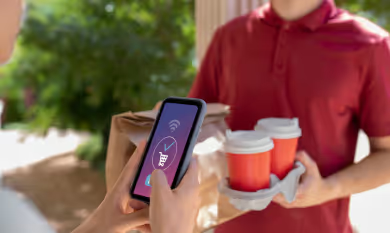
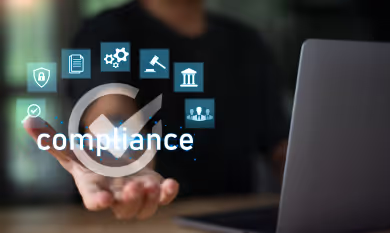

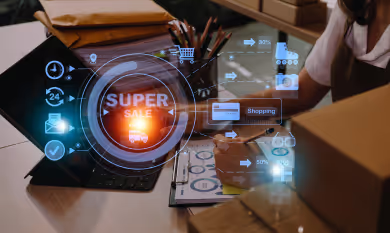

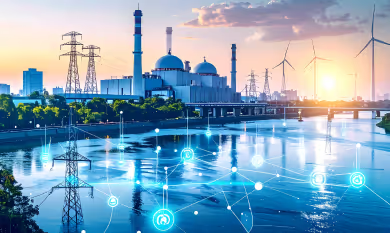
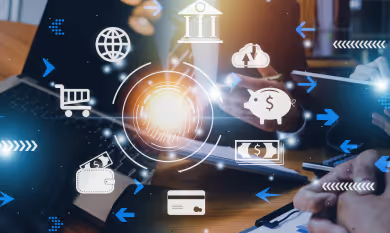
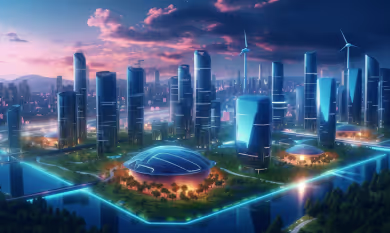
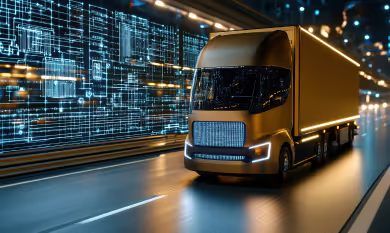
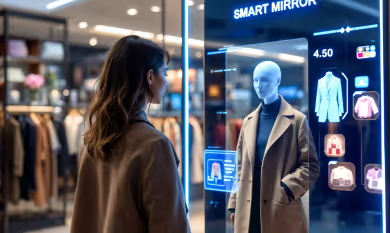
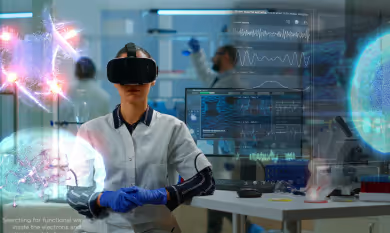
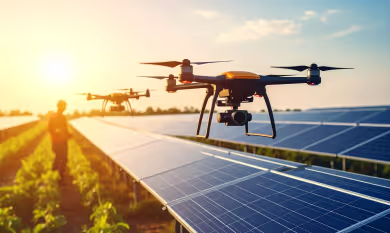
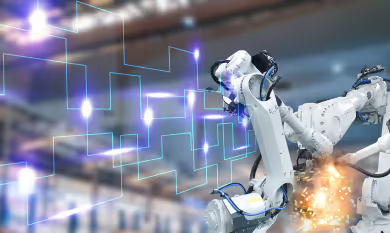
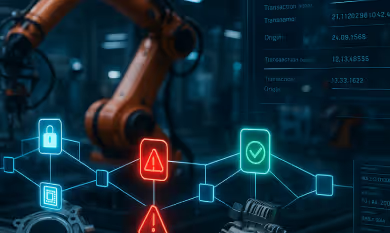

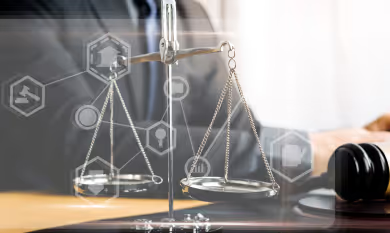


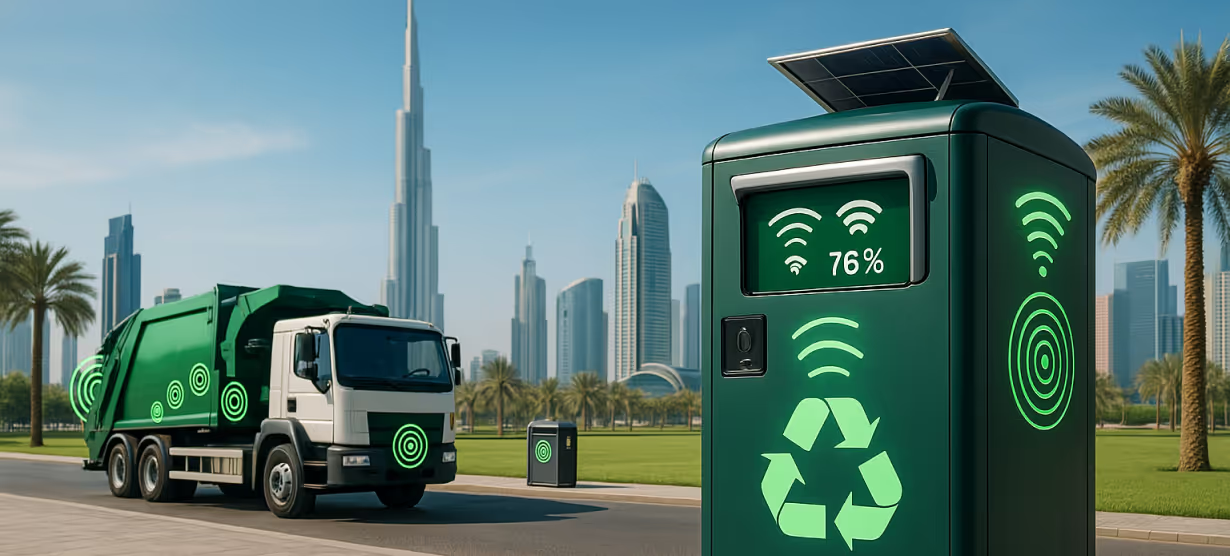
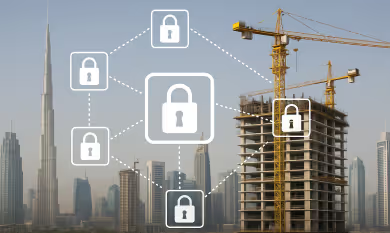
.avif)
.avif)
.avif)

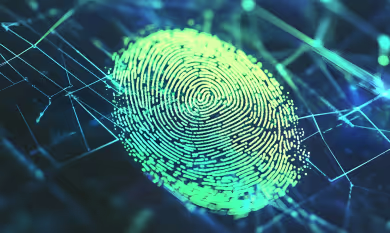

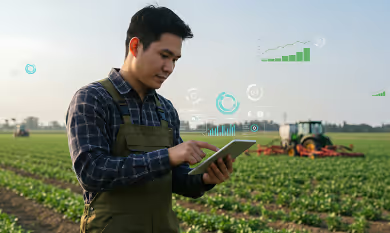

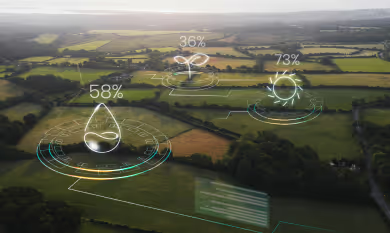


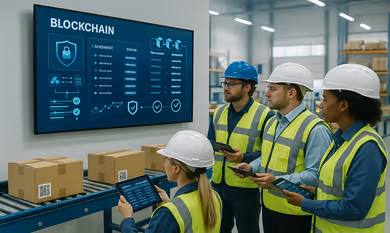





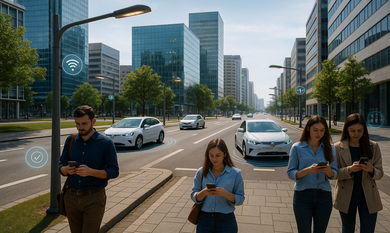
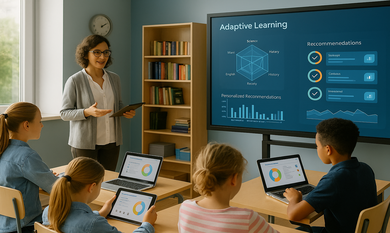

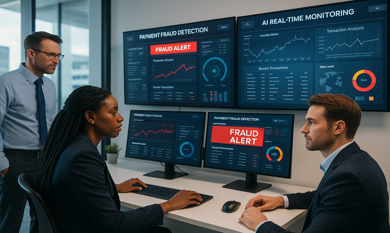


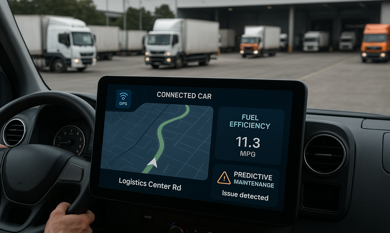
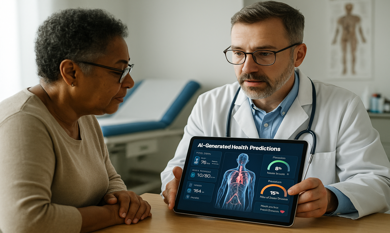



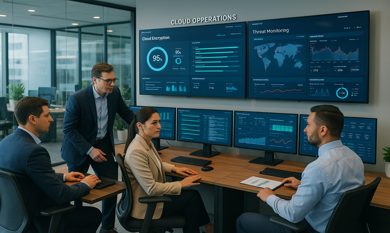

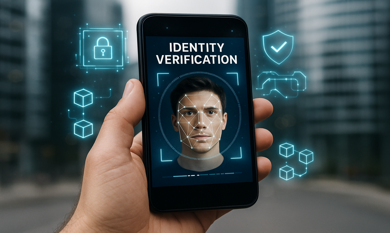

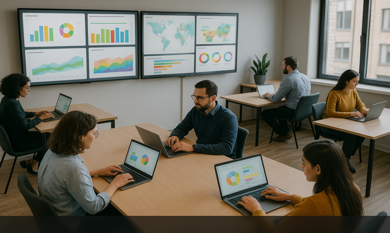


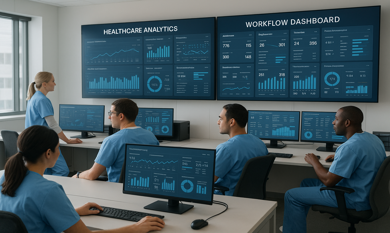
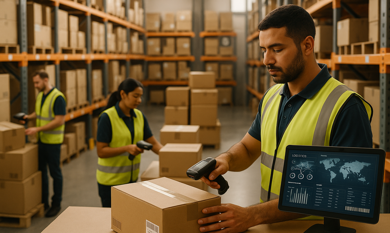
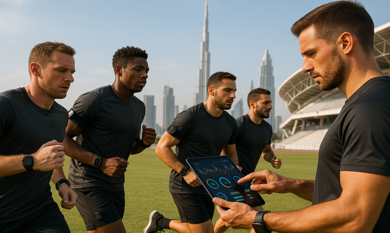


.png)
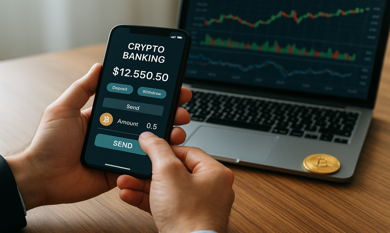




.png)
